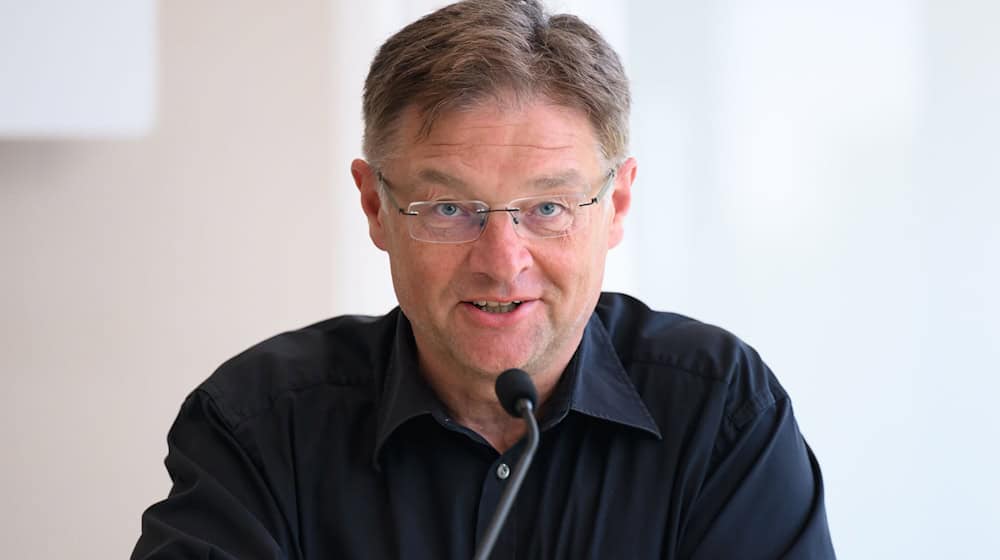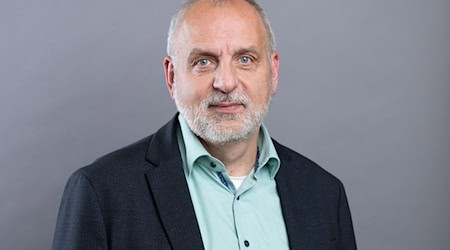At the abyss or already one step further? Former Saxon FDP leader Holger Zastrow essentially blames the federal party for the disastrous performance of the Liberals in the recent state elections. Last Sunday, the FDP received only 0.9 percent in Saxony and was even behind the Animal Protection Party. In Thuringia, the party received 1.1 percent.
"It is to be feared that the FDP in the east is coming to an end. Because half the country is now a single blank spot," Zastrow told the German Press Agency. The majority of municipal seats were lost in the local elections in June. There were historically poor results everywhere. "In many places, the party is so small that it has forfeited the right to play a representative role in society."
Even young people are turning away from the FDP
According to Zastrow, even young people have turned away from the FDP again. Together with the existential crisis that has gripped all established parties, it is becoming very difficult. "When I took over the FDP in Saxony in 1999, we still had around 600 municipal mandates, around 80 mayors and were rooted everywhere in society. The FDP on the ground was relatively resilient to everything that happened in Berlin or in the country. That was the basis, the heart of the reconstruction. But this heart no longer beats in this country."
"This is the result of a long process that began for me back in 2013. It has to do with changes after leaving the Bundestag. Since then, I believe the party has lost its way and has changed in a direction that is now proving to be a problem after initial successes," emphasized Zastrow. This is largely due to Christian Lindner's course, he said. "This transformation is now bearing fruit, rotten fruit. That is why the cause of the poor performance in Saxony and Thuringia is primarily to be found in the federal party. But there are also shortcomings in the country itself."
Politics less with the heart and more like a simulation game
"Christian Lindner has centralized the party to a great extent. There is no longer any respect for the people who do the work on the ground. Everything has been centralized in Berlin - from campaigning to treasury management. This has emasculated the party. Christian Lindner and his inner circle do politics less with their hearts and passion and more like a simulation game." They are driven by calculation and personal advancement.
"People think they know what is right, they work on supposedly clever strategies, paint their own world and lose touch with the reality of life," Zastrow emphasized. People have completely forgotten that a party has to live if it wants to be more than an electoral association for the party leadership. "The heart of the party still beats locally. Berlin has completely lost that. What is achieved in the municipalities, what problems people have there and how they cope locally has no relevance for the federal party."
Failure in the state elections was to be expected
In Zastrow's opinion, the failure in the current elections was to be expected. "The traffic light policy has a ruinous effect on everyone - from the local to the state association, especially in the east." But the fact that even the 1.1 percent of 1999 in Saxony could still be undercut is unbelievable and not only due to federal politics. There has never been a state association with less than one percent. One could not just point to Berlin, but had to recognize that one's own work on the ground was also inadequate.
Copyright 2024, dpa (www.dpa.de). All rights reserved










